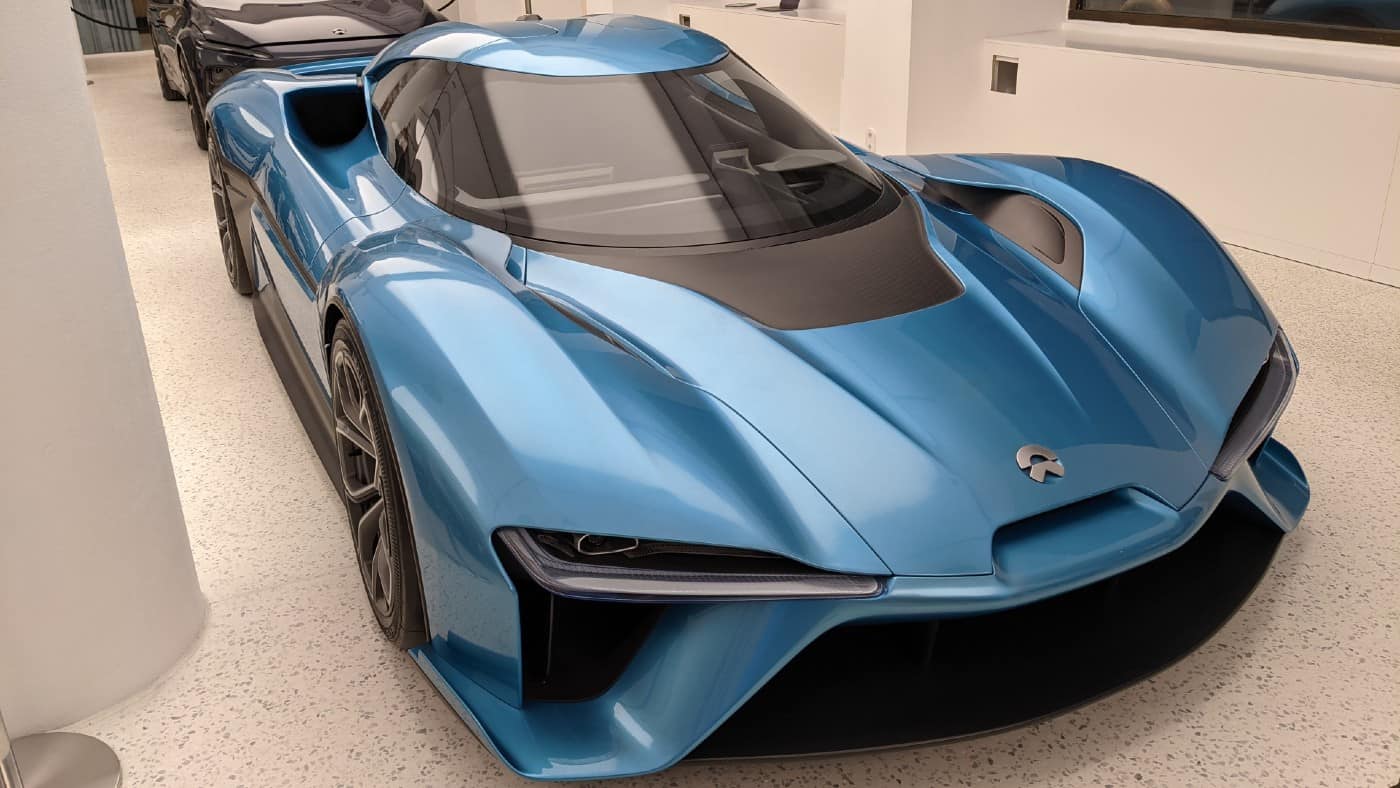It’s been a brutal year so far for NIO (NYSE: NIO) shareholders. After starting the year at $33.52, the NIO share price has fallen 46% to $18.15 today. Although up 83% over five years, the Chinese electric vehicle (EV) stock has surrendered the bulk of its pandemic gains.
Let’s explore the factors driving NIO stock’s decline in 2022 and whether the current share price is a good bargain for me.
Crashing Chinese stocks
First, the big picture. Since the end of 2020, the Chinese government has pursued an anti-monopoly campaign, hammering the share prices of Chinese stocks in the process. The Hang Seng index has tumbled more than 33% since its February 2021 peak. Overseas listings, such as NIO and Alibaba, haven’t escaped the pain. Both stocks have been in a downtrend for over a year and several US hedge funds have dumped them, spooked by the political risks.
Nonetheless, NIO stock remains popular with retail traders and last month Cathie Wood added shares in the EV maker to ARK Autonomous Technology & Robotics ETF for the first time. Does this mean better days lie ahead? Not so fast…
Although Beijing recently signalled an end to the regulatory crackdown, the NIO share price faces further headwinds from China’s ‘zero-Covid’ strategy. All NIO factories are located in Shanghai, which is currently in a draconian lockdown. Hit by severe disruptions to its supply chain, NIO announced this month that it was suspending production.
Yesterday marked the beginning of a cautious easing of current restrictions. Nevertheless, as long as the Chinese government remains committed to its unrelenting approach to infection control, NIO faces future disruptions to its operations should there be further Covid-19 outbreaks in China.
NIO’s financial position
The company’s latest unaudited financial results present a mixed bag. In positive developments, quarterly vehicle deliveries to March 2022 leapt by 28.5% year-on-year to 25,768. Additionally, vehicle margin improved from 12.7% to 20.1% in 2021. To top off the good news, NIO’s total revenue last year beat consensus estimates, hitting $5.67bn — a 122% increase on 2020.
On the other hand, NIO isn’t profitable. The company incurred an annual net loss of $630m last year. CEO William Li doesn’t expect the EV manufacturer to turn a profit until 2024 at the earliest. This perhaps explains in part the drawdown in the NIO share price that followed the buying frenzy earlier in the pandemic.
What’s more, the company faces substantial cost pressures from soaring nickel and lithium prices. The metals are key components of its automobile batteries, compounding existing difficulties confronting the company from the global semiconductor shortage.
Should I buy NIO at its current share price?
NIO is one of the riskier stocks on the market for me. The company possibly faces significant upcoming obstacles emanating from Chinese government policy and much of its value lies in its forecast future potential. On the flip side, I view the current NIO share price as cheap compared to direct competitors like Tesla.
Currently, I don’t own NIO stock, but I see this as an attractive entry point to make a speculative play in the EV market. I’d only take a small position, however, as I’m conscious of the unpredictable macro backdrop.







